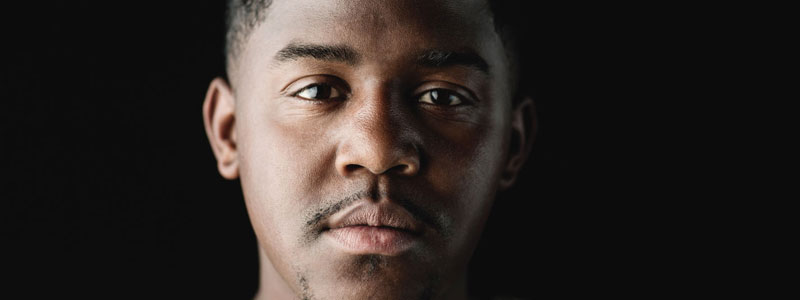I Have Anxiety. Can I Receive Social Security Disability Benefits?
Many people associate the term “disability” with specific, visible signs of impairment: a wheelchair or a cane, for example. However, not all disabilities are visible or even physical. Social Security recognizes certain mental disorders in their listing of impairments as disabling conditions. Anxiety and obsessive-compulsive disorders are included on that list. If you have anxiety, […]

January 8, 2018

Many people associate the term “disability” with specific, visible signs of impairment: a wheelchair or a cane, for example. However, not all disabilities are visible or even physical.
Social Security recognizes certain mental disorders in their listing of impairments as disabling conditions. Anxiety and obsessive-compulsive disorders are included on that list. If you have anxiety, could you be eligible for Social Security disability benefits? That depends on a variety of factors.
What Does the Listing of Impairments Say?

The Social Security Administration (SSA) uses the listing of impairments to evaluate applicants’ disabilities. The listing of impairments acts as sort of a shorthand for the conditions that the SSA already considers disabling enough to prevent people from working. Instead of having to evaluate each person’s conditions as unique, the SSA can compare them to listing of impairments to see if the conditions are something they’ve encountered before that they know can be disabling.
Last year, the SSA added Mental Disorders Listings and Immune System Disorders Listings to their electronic version of the listing of impairments. That’s good news; it shows that the SSA is taking mental health conditions seriously.
The listing of impairments has specific criteria for the type of anxiety and/or obsessive compulsive disorder that they consider to be disabling. In order to qualify, your anxiety disorder must have three or more of the following characteristics:
- Restlessness
- Difficulty concentrating
- Irritability
- Easily fatigued
- Muscle tension
- Sleep disturbance
In addition, your anxiety must extremely or markedly limit two of the following:
- Your ability to understand, remember, or apply information
- Your ability to interact with others
- Your ability to concentrate, persists, or maintain pace
- Your ability to adapt or manage yourself
If your anxiety doesn’t limit two of those four mental functions, you may still be able to qualify for benefits if you have at least 2 years of medically documented history regarding your anxiety disorder, including some form of medical treatment or mental health therapy that helps your anxiety and some evidence that you have little ability to adapt to changes in your environment.
Does Your Anxiety Prevent You From Working?

If you’re applying for Social Security disability benefits, it’s not enough just to have a disability. You have to be able to prove that your disabling conditions are severe enough or are expected to last long enough to keep you from working.
For example, if you are wheelchair-bound, it’s safe to say that you likely have a medical disability. However, if you work a desk job that doesn’t require standing or lifting, it will be difficult to argue that your disability prevents you from working. Your disability is real and limits your abilities, but it doesn’t meet Social Security’s specific standards to get approved for disability benefits.
Typically, the criteria in the listing of impairments are already severe enough that the SSA assumes that you would be unable to work if you meet those criteria. However, if your experience with anxiety isn’t in the listing of impairments, that doesn’t automatically mean that you won’t qualify for benefits. An experienced Indiana disability lawyer can represent you at a hearing and argue that your anxiety truly prevents you from working, even if your experience is different from what the SSA already accepts as disabling.
Do You Have Any Other Disabling Conditions?

When applying for disability benefits, it’s important to have a full picture of your physical and mental health. Perhaps the biggest strain on your ability to work is your anxiety. However, any other disabilities you may suffer from would contribute to your condition overall and strengthen your application.
For example, let’s say you suffer from extreme anxiety and you work a desk job. Your anxiety is worse, however, because you’re beginning to lose your hearing. Your anxiety makes it difficult for you to get to work and focus on your work, and your hearing loss makes it difficult for you to make phone calls and answer clients’ questions. Perhaps if you just suffered from one of these conditions, you could find a way to continue working, but with both, it’s becoming increasingly impossible to do your job. That’s why it’s important not to just focus on the condition you believe is your most disabling but instead present a clear picture of all of your conditions and how they affect one another.
Help from an Indiana Social Security Disability Lawyer
Anxiety may not be someone’s first thought when they hear the word “disability,” but that doesn’t make it any less real or any less limiting. If you’re suffering from severe anxiety, an Indiana disability lawyer may be able to help. Call Hensley Legal Group today or contact us online for a free consultation.
Available 24/7
Free Case Review
You won’t pay any fees until we win your case.
It’s easy - you can: